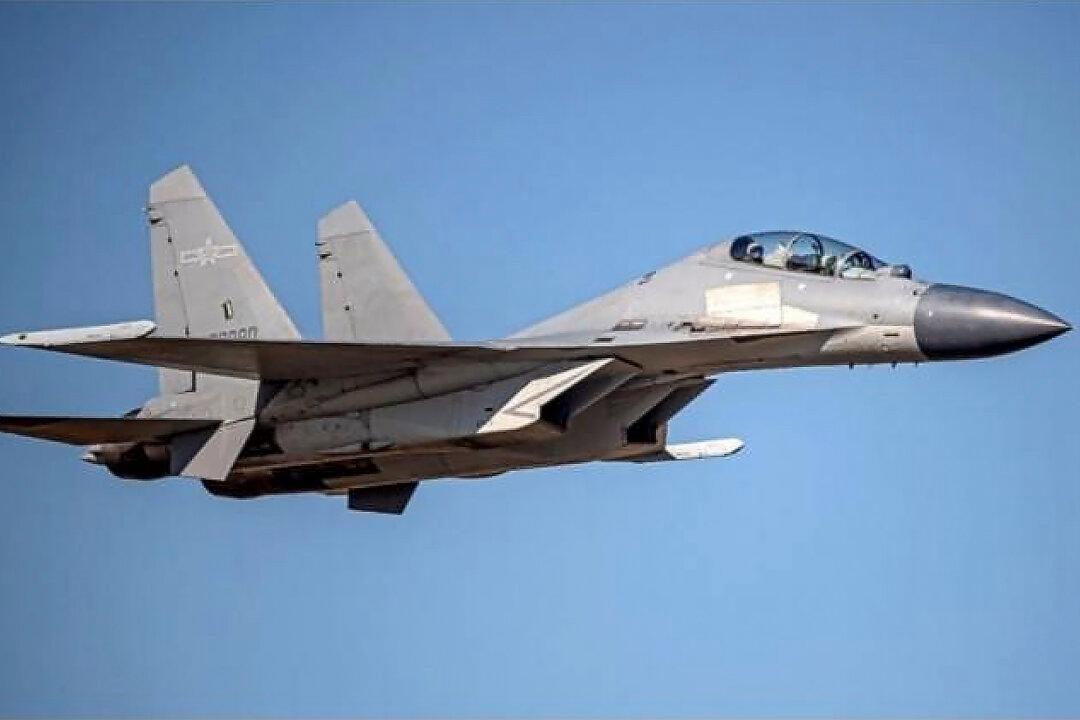As the high-level U.S. delegation sent a message of support for Taiwan during a visit on April 15, the Chinese regime said it conducted military drills around the island, reinforcing its threat to use force to bring Taiwan under control.
Led by Sen. Lindsey Graham (R-S.C.), the six-member bipartisan group met with Taiwanese President Tsai Ing-wen in her office in Taipei on Friday morning.




